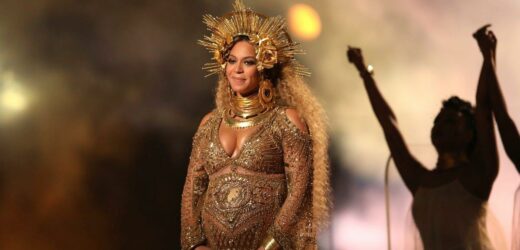- In 2016, for the first time ever, more American women had babies in their early 30s than in their 20s.
- Giving birth at any age comes with changes — to your body and bank account.
- Women in their 20s have a much higher chance of getting pregnant, for example, and a lower risk of conditions like gestational diabetes, preeclampsia, and high blood pressure.
- Studies suggest that women who wait until their 30s to give birth may be healthier later in life, live longer, and earn more income. They’ll also be more likely to have twins.
- See more stories on Insider’s business page.
Following is a transcript of the video.
Narrator: American moms are starting a new trend. Thirties are now the new 20s. In 2016, for the first time ever, more American women had babies in their early 30s than in their 20s. And women are now 25% older when they give birth compared to 50 years ago. But isn’t having kids at an older age harder on your body? And couldn’t that mean more risk to the baby? Come to think of it, what is the difference between giving birth in your 20s versus your 30s?
Giving birth at any age is a big change. For one, you’ll have a child to support. They cost the average household around $230,000 to raise, but there are some major differences based on when you give birth. Take fertility: Between the ages of 20 and 24, women have an 86% chance of conceiving after trying for a year. But that chance falls to around 50% in your late 30s.
And then there’s your health. 20-somethings have a lower chance of miscarrying and of conditions like gestational diabetes, preeclampsia, and high blood pressure. But when it comes to your health later in life, waiting until your 30s to give birth is better. Research shows that moms who first gave birth in their early 30s report higher energy, better fitness, and fewer aches and pains compared to moms who first gave birth in their early 20s.
And that might help explain another scientific finding. Women who have kids in their 30s might also live longer. According to a paper published in 2015, women who had their last child after age 33 were twice as likely to live past 95 compared to women who had their last child before their 30 th birthday.
And perhaps they’ll also have more money to spend in those extra years. A Danish study found that college-educated mothers who were 31 to 34 when they gave birth earned around $5,000 more income over their lifetime compared to the average woman with a college degree, whereas college-educated women who had their first kid before 25 earned around $80,000 less.
Of course, that’s just moms. What about the kids? If their moms gave birth in their 30s instead of their 20s, those kids might be safer, smarter, or even taller. On top of that, there might be more of them. That’s right, because if you wait until your 30s, you’re more likely to have twins. Older women have higher levels of a hormone called FSH, which stimulates the ovaries. Normally, women release just enough FSH to ovulate or release one egg, but near menopause, they produce a ton of it, which can cause two eggs to ovulate and ultimately result in twins.
Now, whether having twins is a benefit, that’s up to you. But one thing’s for sure, whether you have kids at 21 or 35, you will never be the same again.
EDITOR’S NOTE: This video was originally published in June 2019.
Source: Read Full Article


